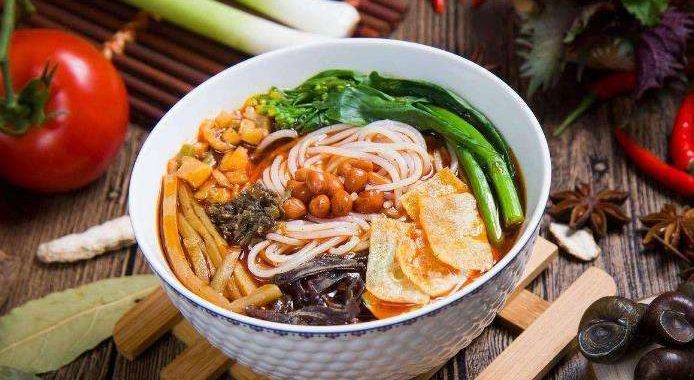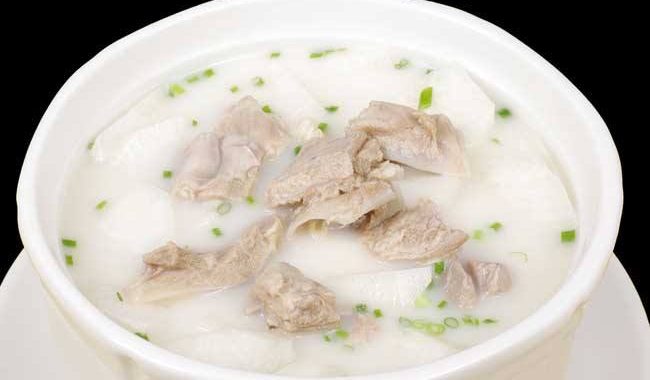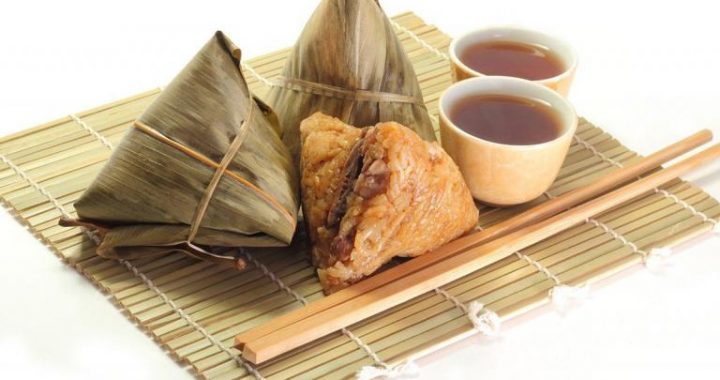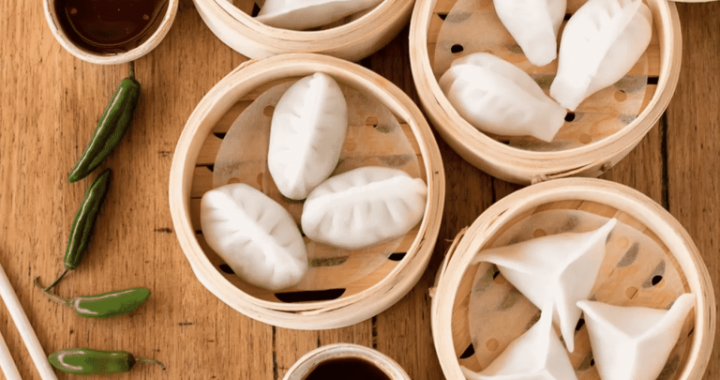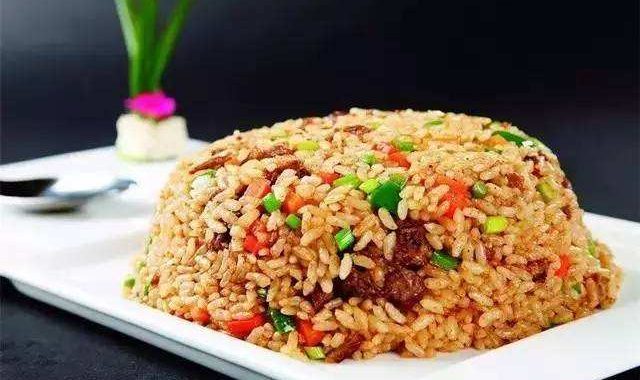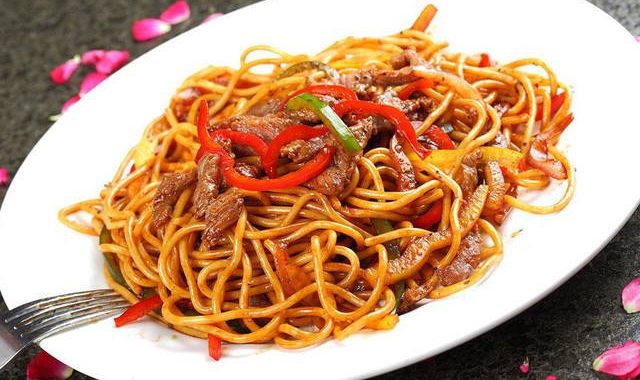VEGETABLES
3 min readVegetables constitute the second tier of the human food pyramid. As such, they are the second most important food source, following grains. Vegetables contain vitamins, minerals, enzymes, and fiber. Enzymes both nourish and cleanse, while fiber absorbs toxins and cholesterol. Because of these properties, vegetables are particularly effective in detoxifyng the body. Ideally, four or five different vegetables should be eaten each day. Most vegetables should be eaten raw so as not to harm their enzyme and heat- sensitive vitamin contents. However, many vegetables are not easy to digest,and others, like carrots, require some cooking before the body is able to absorb their rich nutrient content. Frozen, canned, dried, or otherwise preserved vegetables lack the nutrient properties of fresh produce. Just as with fruit, vegetables are best consumed in season, and obtained from local organic sources.

Asparagus
Sweet and bitter (Earth and Fire), cold, mild Yin
Asparagus tones qi and dissipates heat and damp from the body. Its cold properties counteract fire-syndrome diseases, but render asparagus unsuitable in cold weather and when suffering from cold stomachache, diarrhea, or coughing. In China asparagus is prescribed as a diuretic. It is also useful in the treatment of diabetes and chronic bronchitis. Protein, 2.2 g; Fat, 0.2 g; Fiber, 0.7 g; Carbohydrate, 3.9 g; Vitamin A, 1000 IU; Vitamin B1, 0.16 mg; Vitamin B2, 0.19 mg; Niacin, –; Vitamin C, 33 mg; Calcium, 21 mg; Phosphorus, 62 mg; Iron, 0.9 mg

Bamboo shoot
Sweet (Earth), cool, mild Yin
Bamboo shoot nourishes the blood and qi. Its cooling effect dissipates internal heat. Bamboo shoot is used extensively in Chinese cuisine. The cooling effects of bamboo shoot balance the warming effects of meat. Its high fiber content is effective in treating constipation and in lowering cholesterol levels in the blood. Protein, 2.0 g; Fat, 0.2 g; Fiber, 2.0 g; Carbohydrate, 4.0 g; Vitamin A, 15 IU; Vitamin B1, 0.11 mg; Vitamin B2, 0.05 mg; Niacin, 0.5 mg; Vitamin C, 3 mg; Calcium, 10 mg; Phosphorus, 45 mg; Iron, 0.38 mg

Carrot
Sweet (Earth), neutral, Yang
Carrot exerts a stimulating effect on digestion and nourishes the spleen. It is famed for improving night vision because of its vitamin A content. Carrots are used in China for treating whooping cough. They are believedto play an important role in maintaining youthful skin and hair. Carrot juice is a valid remedy for anemia, and crushed raw carrot alleviates burns. However, carrots’ nutrients are difficult to absorb when eaten raw. It is often preferable, therefore, to render them more easily digestible through cooking. Protein, 0.7 g; Fat, 0.1 g; Fiber, 1.1 g; Carbohydrate, 7.3 g; Vitamin A, 20,253 IU; Vitamin B1, 0.07 mg; Vitamin B2, 0.04 mg; Niacin, 0.7 mg; Vitamin C, 7 mg; Calcium, 19 mg; Phosphorus, 32 mg; Iron, 0.36 mg
Celery
Sweet, pungent, and bitter (Earth, Metal, and Fire), cool, slightly Yin
Celery, a cooling food, eliminates dampness and nourishes and soothes the liver. Celery is one of the best food remedies for lowering high blood pressure. It also improves the texture of the hair and skin. Celery is traditionally used to treat whooping cough. Protein, 0.3 g; Fat, 0.1 g; Fiber, 0.4 g; Carbohydrate, 1.5 g; Vitamin A, 51 IU; Vitamin B1, 0.01 mg; Vitamin B2, 0.01 mg; Niacin, 0.1 mg; Vitamin C, 3 mg; Calcium, 14 mg; Phosphorus, 10 mg; Iron, 0.19 mg
